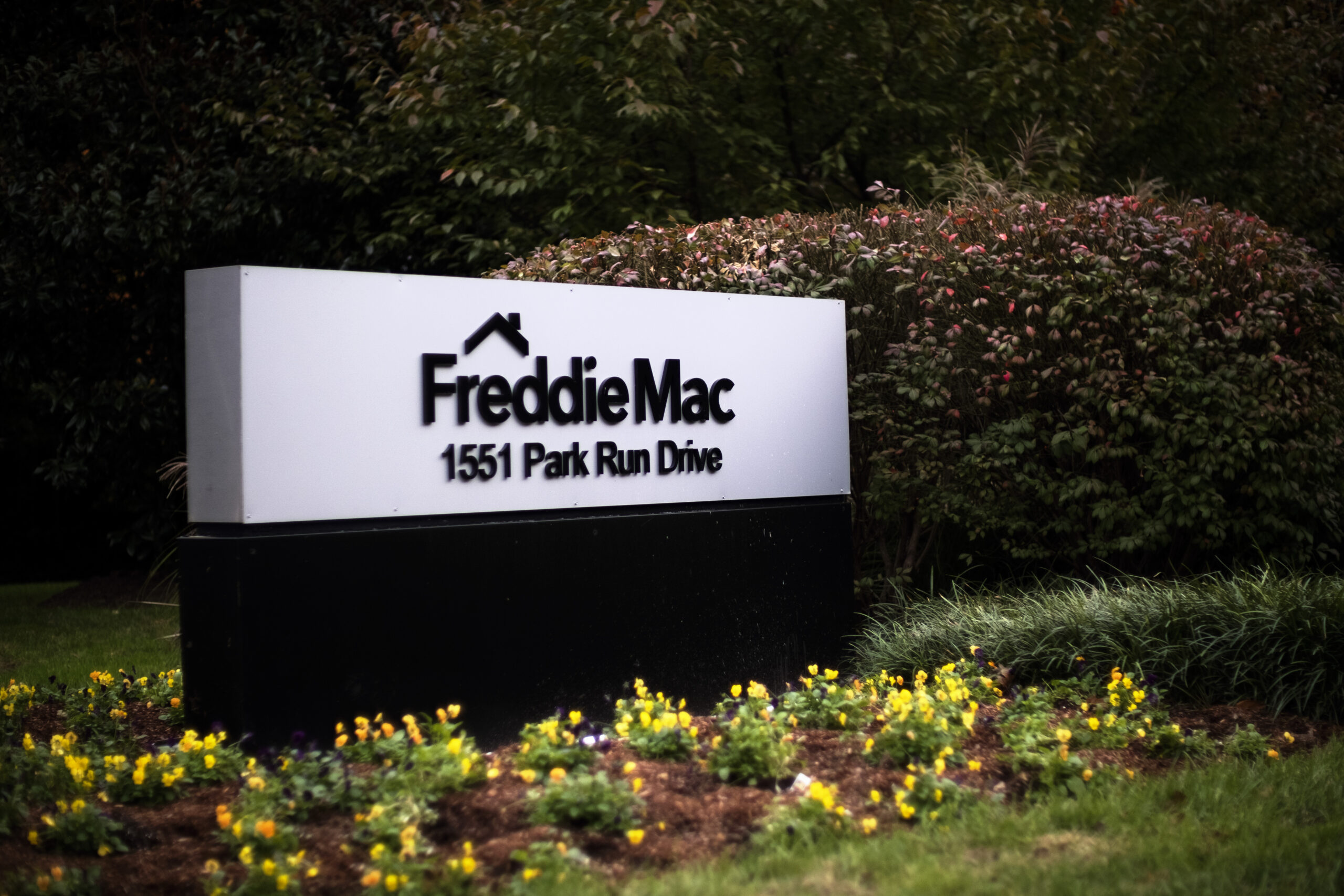Unqualified Equity
The DEI regime creates perverse incentives in the housing market.

Washington tends to forget hard-won lessons within a decade or two. One example: On Wednesday, Fannie Mae and Freddie Mac, which together back more than 28 million Americans' mortgages, expanded their respective "equity" initiatives. If that sounds a lot like the push for unqualified home ownership in the run-up to the crash of 2008, that's because it does.
The two government-owned firms are major players in the American economy. Fannie Mae buys mortgages from bigger banks to lessen banks' risks and increase available credit. Freddie Mac does the same for smaller lenders. Together, they underwrite much of the American housing market. But just like in the prelude to the 2008 collapse, where unqualified borrowers were given homes and properties beyond what their incomes could sustain, Fannie and Freddie are being used as vehicles for social engineering.
Freddie Mac CEO Michael DeVito said promoting "equity across all markets and dimensions, including race, ethnicity, sexual orientation and accessibility" is "at the center of everything we do." In the first year of his company's equity plan, Freddie pursued several "initiatives to increase diversity across the housing finance industry," which led to "approximately one million home purchases, with more than half of the owner-occupied homes affordable to low- and moderate-income families." How many of those loans will end in default remains to be seen. But the government-owned entity is doubling down, and this year plans to extend its roster of "special purpose credit programs" to target more would-be minority borrowers, changing credit standards, in the words of vice president Pam Perry, "to benefit black and Latino borrowers for sale to Freddie Mac."
Fannie Mae is doing the same at a larger scale. It has created alternative qualifications for borrowers with low or no credit in the hope that such measures will increase minority home ownership. According to Katrina Jones, the company's vice president of racial equity strategy and impact, the special purpose credit program started in 2022 has helped "people qualify for a mortgage, even if they have insufficient credit history" and allowed "people in majority Black and Latino communities to buy their first home [sic].”
“Since the launch of our plan in 2022, we have made considerable progress in identifying meaningful ways to address historical challenges faced by underserved communities, particularly for Black and Latino people,” Jones said. “When you add the present-day challenges of inadequate affordable housing supply and high housing costs, overcoming barriers to housing can seem harder than ever. But we are committed to making a fundamentally fairer and more equitable future for housing.”
That commitment to expanding home ownership is noble in theory, but in the past, it has come at a cost. The 1977 Community Reinvestment Act, for example, contributed to the 2008 collapse by encouraging banks to lend to otherwise unqualified borrowers in low-income neighborhoods. It did not do so by forcing banks to make unprofitable investments—the law didn't have that power—but did so with the aid of the federal government, which rewarded compliant banks and other lenders with approved mergers and positive ratings from the Federal Reserve.
Subscribe Today
Get daily emails in your inbox
The CRA alone didn't cause the financial crisis, and unscrupulous financiers were the villains of 2008, not unqualified homeowners. And not every proposal in the firms' so-called equity plans sound all that nefarious. Freddie Mac, for instance, allows a borrower's history of on-time rent payments to factor into the firm's loan-purchase decisions, allowing people with otherwise poor credit a chance to demonstrate their creditworthiness. They've also adopted a "Closing the Knowledge Gap" initiative to improve financial literacy among low-income borrowers, which is a major impediment to home-ownership and participation in the American economy. Fannie Mae, for its part, has given grants to local organizations that have pledged to increase the supply of affordable housing, and encouraged other organizations to do the same. We need more affordable housing because people really do deserve the chance to own their own homes.
But it's not all about hopes and dreams. Distortions in the housing market trickle through the entire American economy. That has real consequences on real people, especially poor people who can least afford a widespread economic downturn. The mortgage-backed financial products that circulate on Wall Street are, and were, supposed to be some of the economy's surest bets. We've seen what happens when a large number of borrowers default. Hopefully, we won't re-learn the lessons of 2008 the hard way.
The New Urbanism series is supported by the Richard H. Driehaus Foundation. Follow New Urbs on Twitter for a feed dedicated to TAC’s coverage of cities, urbanism, and place.
Comments